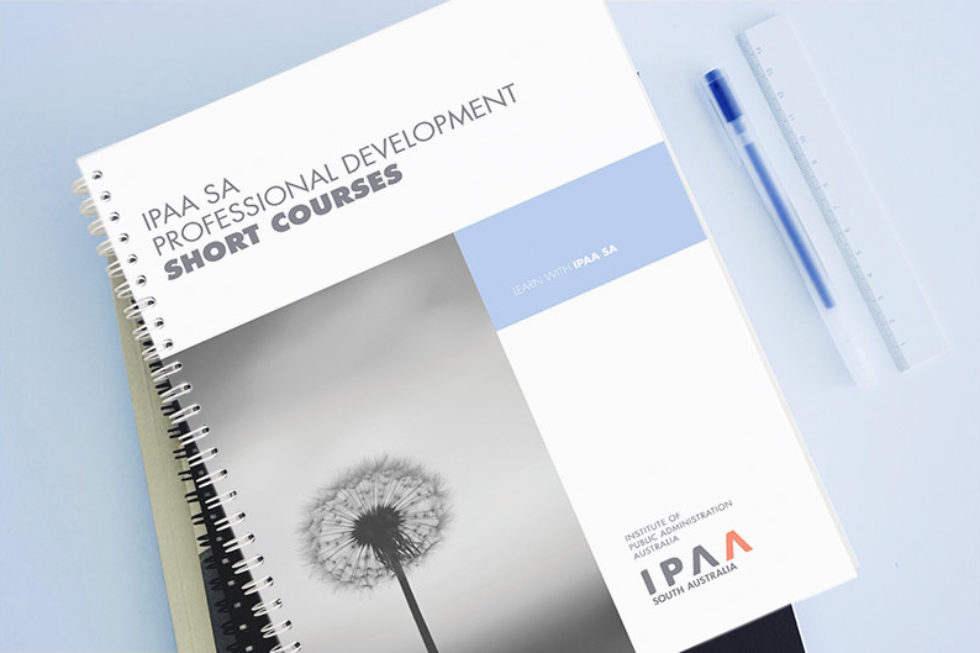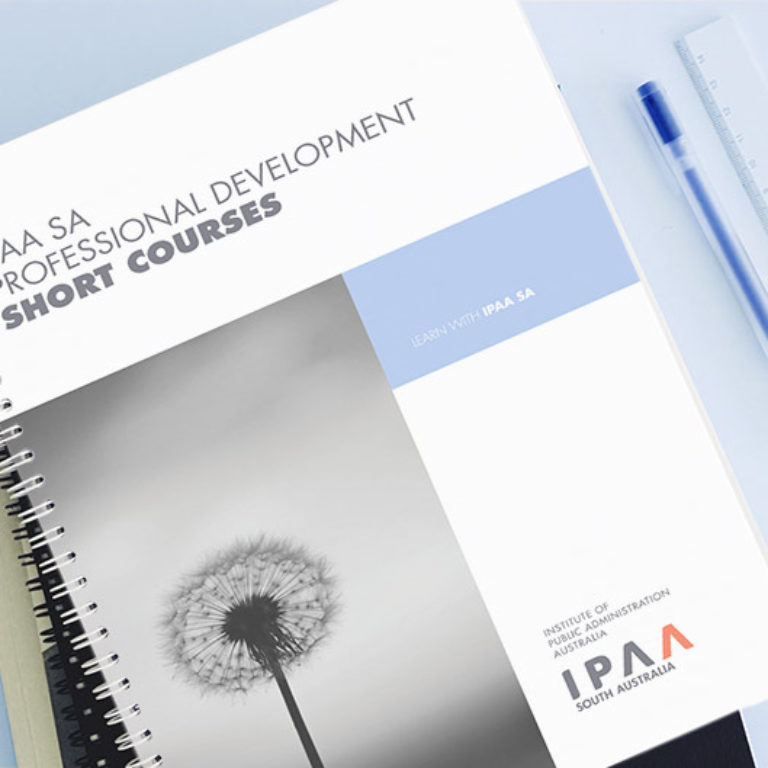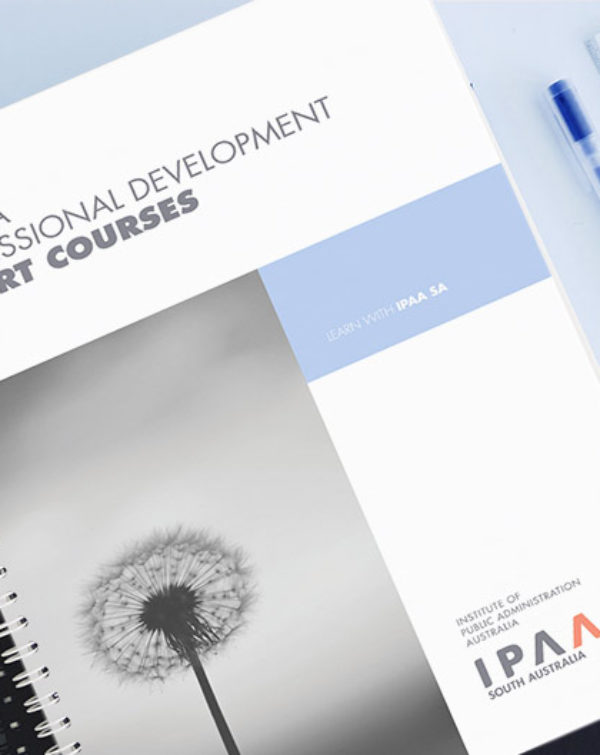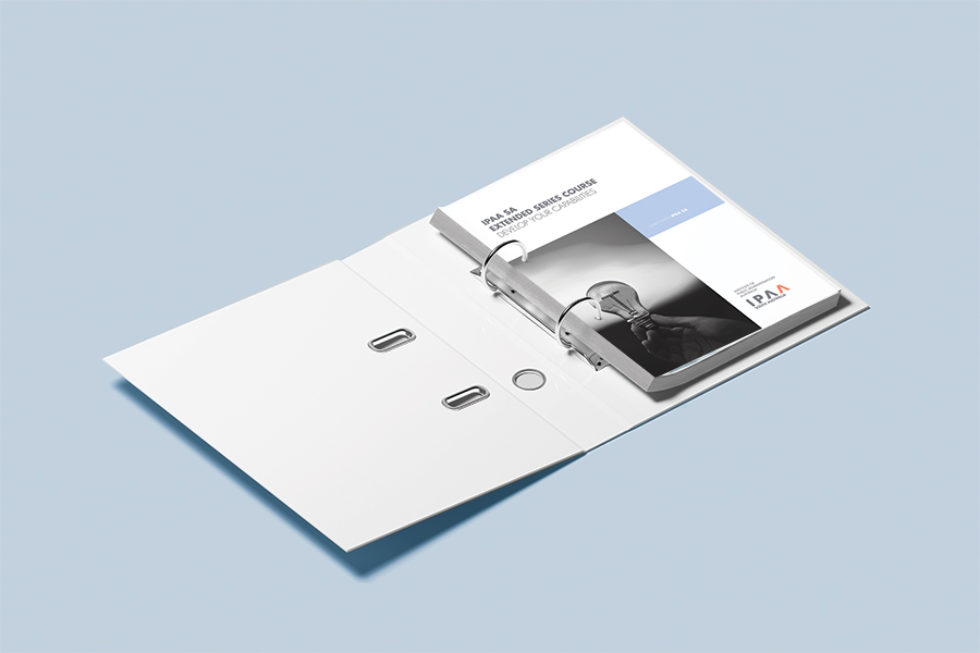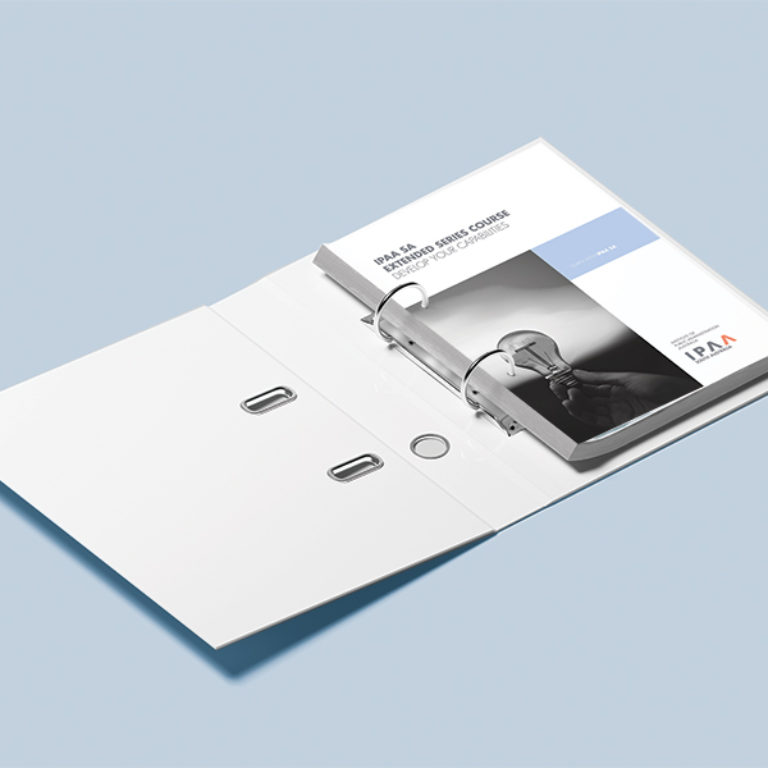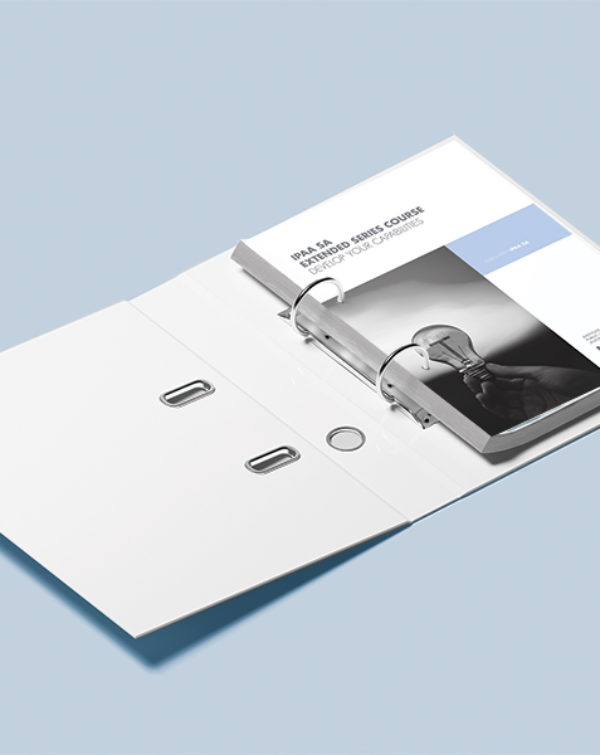Introduction to Risk Appetite
Risk Appetite Statements are tricky to develop and, quite often, contradictory to organisational risk management processes. This session breaks down some of the myths and highlights how a Risk Appetite Statement can add value.


